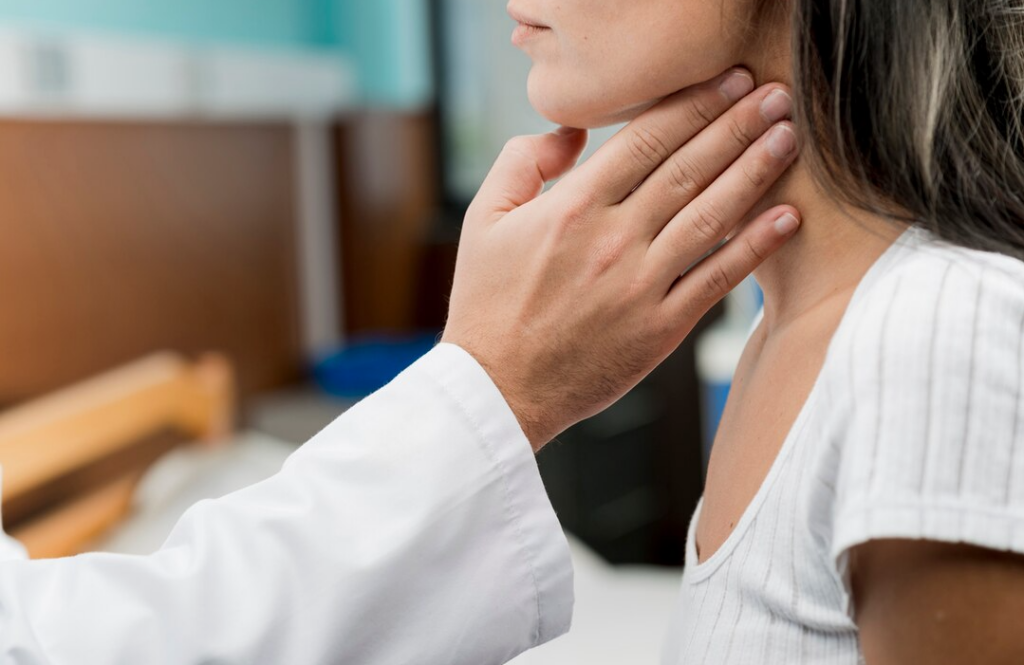Thyroid Biopsy
Thyroid biopsy is a procedure during which a small sample of the tissue of the thyroid gland is removed in order to be exanimated later. Thyroid biopsy can be performed for a number of reasons. When a doctor notices a presence of thyroid nodule, usually a thyroid biopsy is being performed in order to determine the cause of the nodule itself. The thyroid biopsy will also help determine if there is a risk of thyroid cancer or not, depending on the state of the thyroid nodule.

There are three types of thyroid biopsy:
- Fine-needle biopsy, which is almost always being performed. Using ultrasound imaging, a thin needle will be placed into the thyroid gland. The procedure might be repeated a couple of times in order to get enough sample of the thyroid nodule. It takes around 30 minutes and does not require the use of numbing medication. The patient is awake during the whole procedure.
- Open biopsy, which is rarely being used. During an open biopsy, an open incision is being made through the skin in order to see the thyroid gland. An open biopsy is usually performed only when the other tests have not revealed the cause of the thyroid nodules.
- Core needle biopsy is similar to the fine-needle biopsy, with the sole difference in the needle that is being used. The needle also has a special tip which is used to take a sample in the size of a grain of rice. Core needle biopsy is usually performed when the fine-needle biopsy has not produced any satisfactory results.
Call Achira Endocrinology at 313-600-4669 for an appointment to learn more about how Dr. Achira Can help you. Click here to Contact us.


